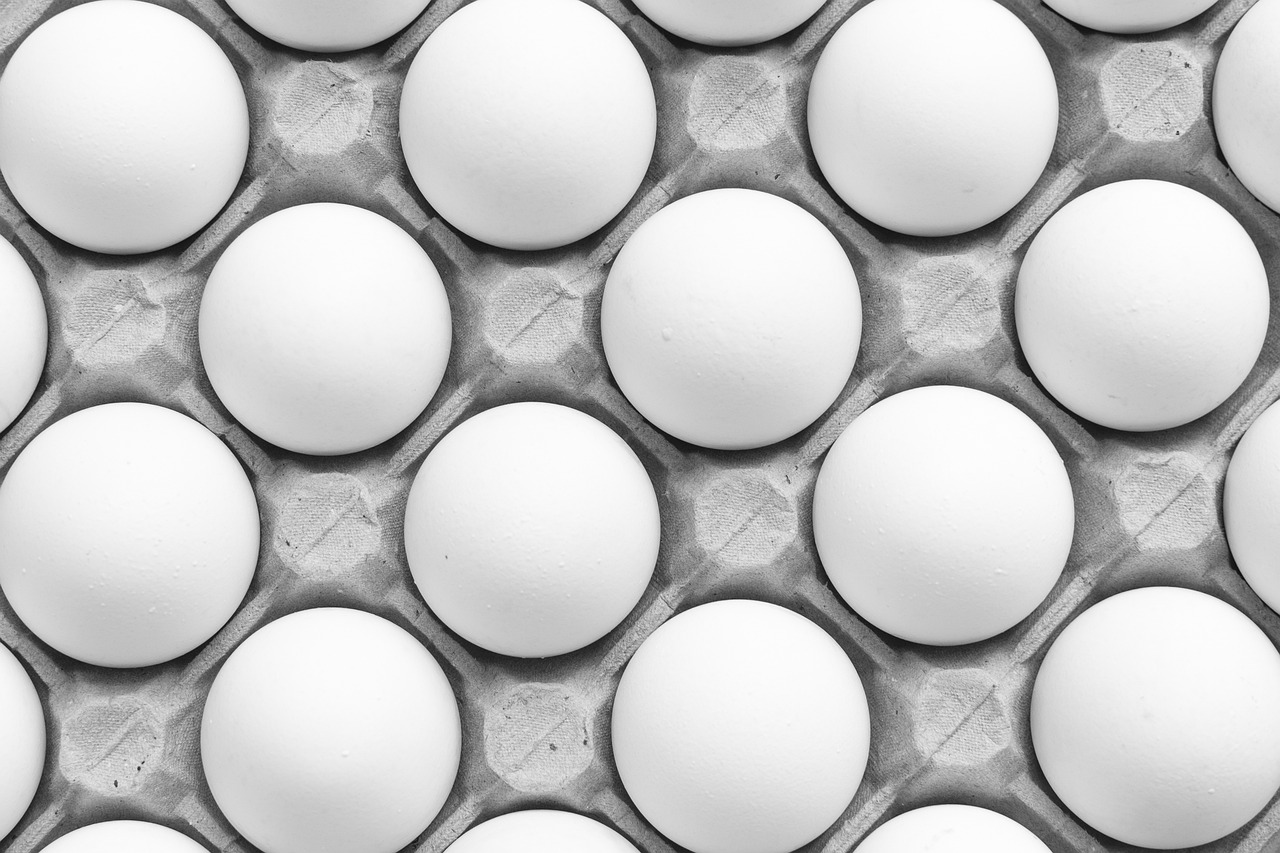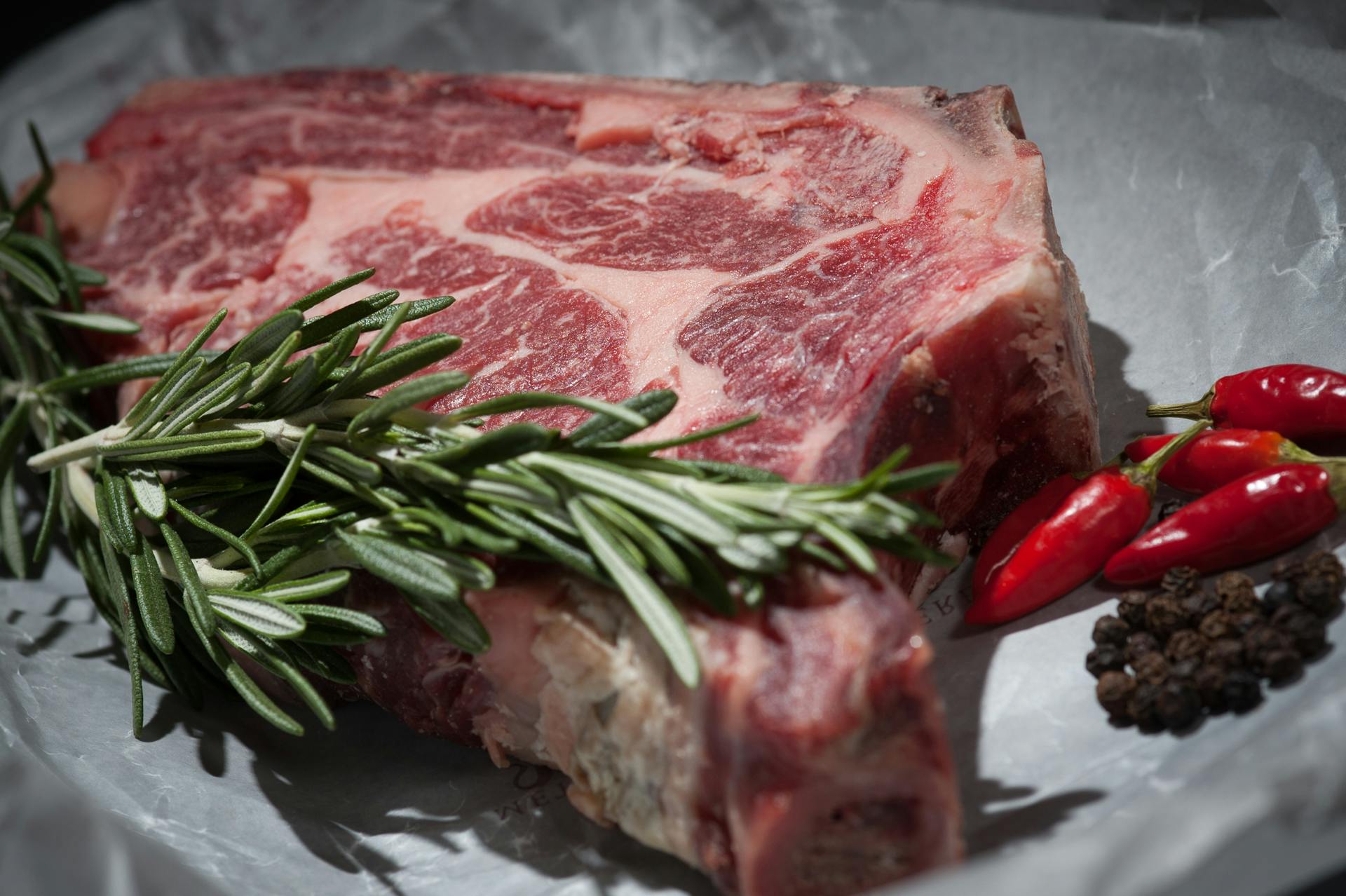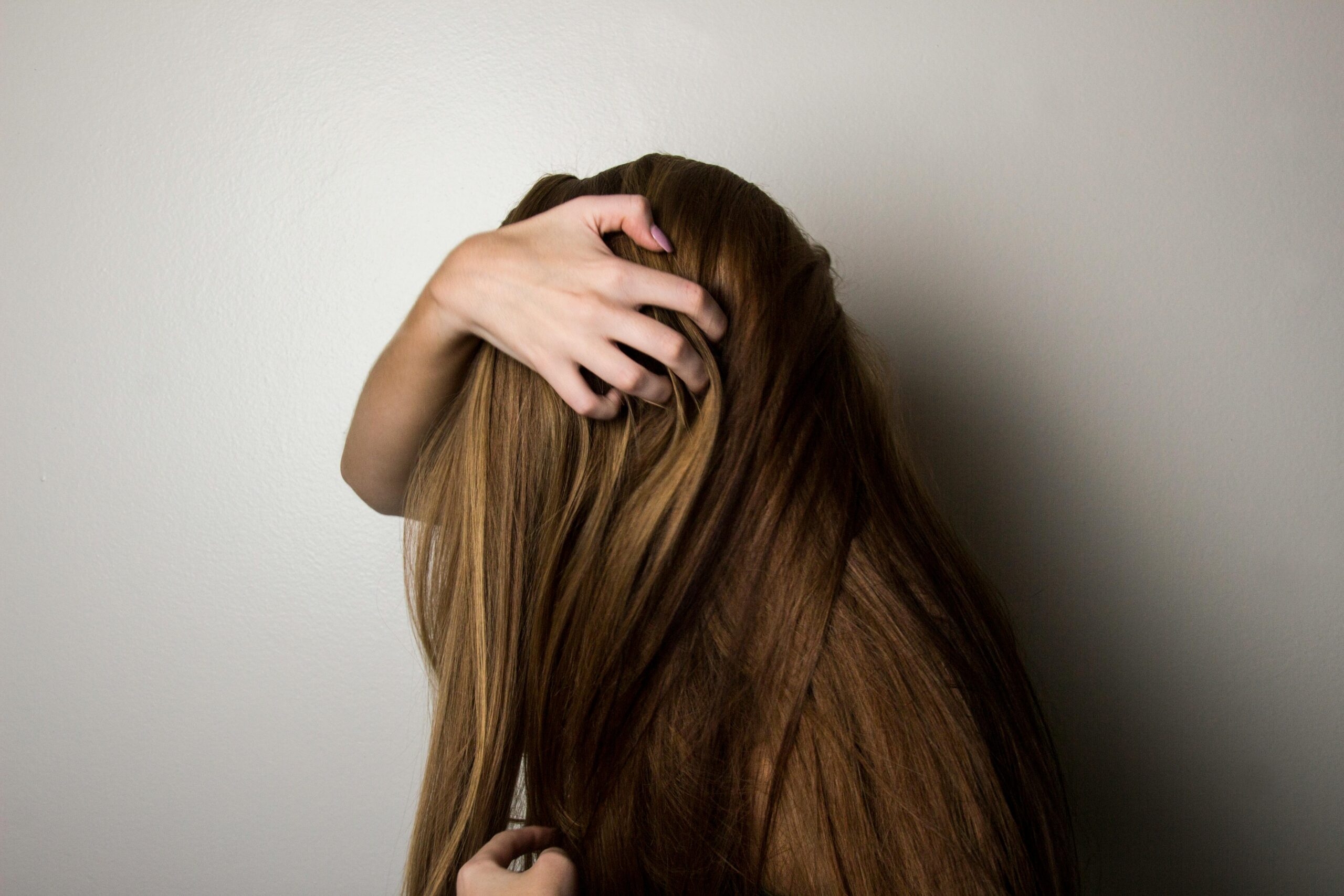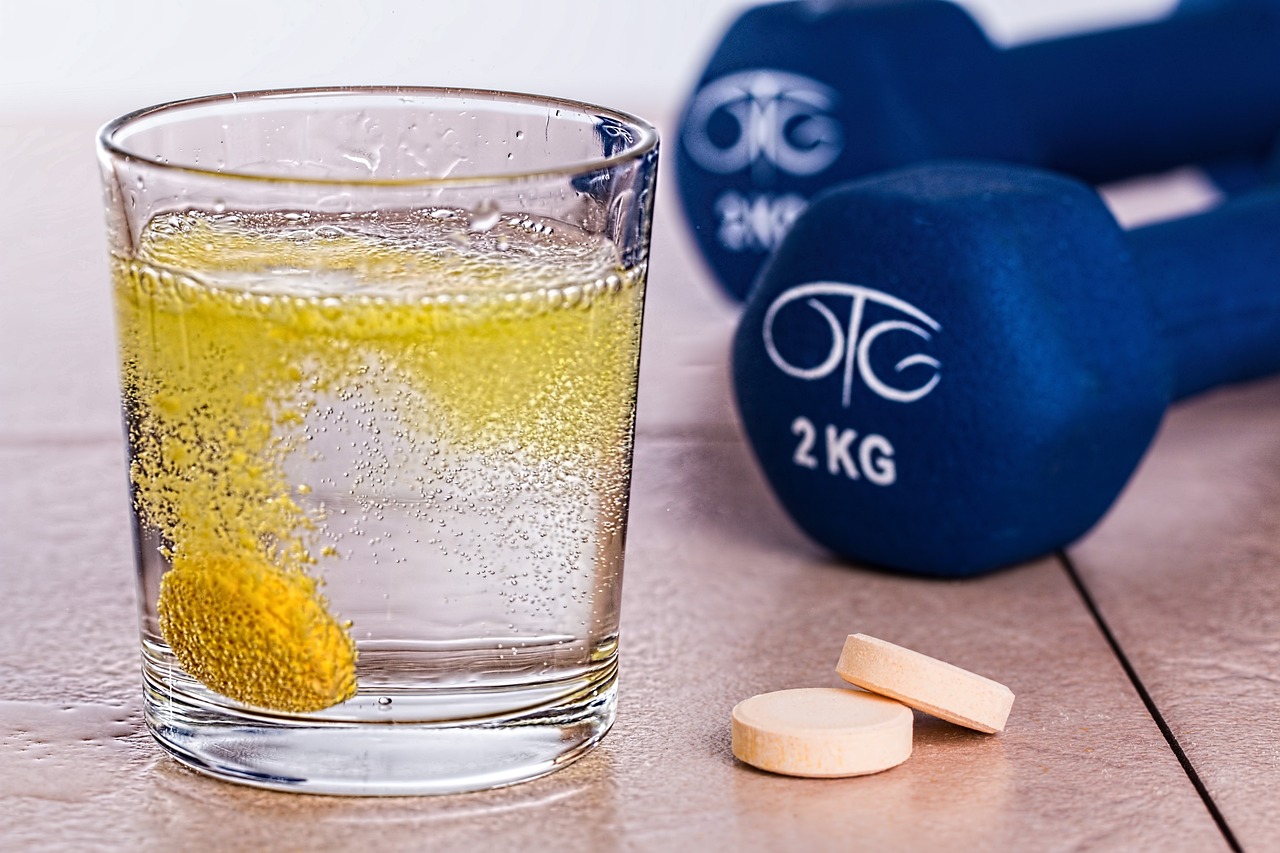Hair loss is a bummer and a lot of people deal with it. Whether it’s due to genes, stress, or not getting enough nutrients, natural supplements can help. In this guide, we’re gonna dive into the best natural supplements for hair growth, how they work, their benefits, and any side effects they might have. By the end, you’ll know exactly which supplements could work best for you and how to use them.
5 Best Natural Supplements for Hair Growth
1. Biotin
Biotin, aka Vitamin B7, is a water-soluble vitamin that’s super important for making keratin, which is what your hair, skin, and nails are made of. It’s often touted for helping with hair health and growth.
Benefits:
- Supports Keratin Production: Biotin helps make keratin, which can make your hair stronger and less likely to break.
- Improves Hair Thickness: Taking biotin regularly might make your hair thicker and less prone to breaking.
- Boosts Overall Hair Health: It’s not just for your hair; it helps keep your scalp in good shape too.
How to Use: You’ll usually find biotin supplements in doses from 30 to 100 micrograms (mcg) a day. Sometimes they’re combined with other vitamins and minerals that are good for your hair.
Scientific Evidence: If you don’t get enough biotin, you might lose hair. Studies show that biotin can help restore hair growth in people who are deficient, but if you already get enough biotin, it might not make much of a difference.
Additional Tips:
- Dietary Sources: You can also get biotin from eggs, nuts, and whole grains. Eating these can help if you’re taking supplements.
- Consultation: Before you start taking a lot of biotin, check with a doctor, especially if you have other health issues.

2. Vitamin D
Vitamin D is a fat-soluble vitamin that’s crucial for absorbing calcium and keeping your bones healthy. It also helps your hair follicles stay healthy.
Benefits:
- Enhances Hair Follicle Health: Vitamin D helps create new hair follicles, which can reduce hair loss and help new hair grow.
- Reduces Hair Shedding: Getting enough vitamin D might reduce how much hair you shed.
How to Use: The usual daily amount of vitamin D is between 600 and 800 IU, but some people might need more. It comes in capsules, drops, or you can get it from sunlight.
Scientific Evidence: Low vitamin D levels have been linked to hair loss conditions like alopecia areata and telogen effluvium. Taking vitamin D can help if your levels are low, but too much can be harmful.
Additional Tips:
- Sunlight Exposure: Getting some sun can boost your vitamin D levels. But if you don’t get much sun, you might need supplements.
- Regular Testing: It’s a good idea to get your vitamin D levels checked to make sure they’re right where they should be.
3. Omega-3 Fatty Acids
Omega-3s are essential fats found in fish oil, flaxseeds, and walnuts. They’re known for their anti-inflammatory benefits and general health support.
Benefits:
- Reduces Inflammation: Omega-3s help lower inflammation, which can make your hair follicles healthier and improve your scalp.
- Nourishes Hair Follicles: They help keep hair follicles nourished and can make your hair look thicker and shinier.
- Prevents Dry Scalp: Omega-3s help keep your scalp from getting dry and flaky.
How to Use: A daily dose of 1,000-2,000 mg of omega-3s is common. You can get them from fish oil supplements or plant-based sources.
Scientific Evidence: Research shows omega-3 fatty acids can support hair health by reducing inflammation and nourishing follicles. Some studies show improvements in hair growth with omega-3s.
Additional Tips:
- Dietary Sources: Eating omega-3-rich foods like salmon, chia seeds, and walnuts can boost your supplement routine.
- Consultation: If you have allergies or can’t eat omega-3-rich foods, talk to a healthcare provider before starting supplements.
4. Saw Palmetto
Saw palmetto is an herbal supplement made from the berries of the saw palmetto plant. It’s often used to help with hair loss, especially in men.
Benefits:
- May Block DHT: Saw palmetto might stop testosterone from turning into dihydrotestosterone (DHT), which is linked to hair loss.
- Supports Hair Growth: By possibly reducing DHT, saw palmetto might help prevent hair thinning and encourage new growth.
How to Use: Typically, you’ll take 160 to 320 mg of saw palmetto daily. It comes in different forms, like capsules and liquid extracts.
Scientific Evidence: Some studies suggest saw palmetto can help reduce hair loss and improve growth, but more research is needed. It might be especially helpful for people with androgenetic alopecia.
Additional Tips:
- Consultation: Talk to a doctor before using saw palmetto, especially if you’re on medications or have hormonal issues.
- Patience: It might take several months to see results from saw palmetto.
5. Iron
Iron is a mineral that helps produce hemoglobin, which carries oxygen in your blood. It’s important for preventing hair loss related to iron deficiency anemia.
Benefits:
- Prevents Anemia-Related Hair Loss: Enough iron can help stop hair loss caused by anemia and support healthy hair growth.
- Promotes Healthy Hair Growth: Iron helps deliver oxygen to hair follicles, which is key for healthy hair.
How to Use: Iron supplements come in different forms, like ferrous sulfate and ferrous gluconate. The usual daily intake is between 8 to 18 mg, depending on age and gender.
Scientific Evidence: Iron deficiency is known to cause hair loss, and taking iron supplements can improve hair growth in those who are deficient. Be careful with dosages, though, since too much iron can be harmful.
Additional Tips:
- Dietary Sources: Eating iron-rich foods like red meat, lentils, and spinach can help, too.
- Consultation: Regular blood tests are a good idea to keep track of your iron levels and avoid overdosing.

How to Choose the Right Supplement
Assess Your Needs:
Talk to your doctor before starting any new supplement. They can help you figure out what you need based on your health. Think about your own health history and any conditions you might have that could affect what supplements are right for you.
Quality Matters:
Look for supplements with good-quality ingredients and avoid ones with lots of fillers. Make sure they’ve been tested for purity. Go for brands that have their products tested by third parties to make sure they’re legit.
Dosage:
Stick to the dosage instructions on the label or those given by your healthcare provider. Too much of some supplements can be harmful, so don’t exceed the recommended amounts.
Combination:
Some supplements might work better together. For example, biotin and vitamin D could be a good combo for hair health. Use a mix of supplements, eat a balanced diet, and live a healthy lifestyle for the best results.
How to Incorporate Supplements Into Your Routine
Daily Routine:
- Integrate with Meals: Take your supplements with meals to help with absorption and avoid stomach issues.
- Consistent Timing: Try to take your supplements at the same time every day to make it a habit.
Consistency:
- Regular Intake: Be consistent with taking your supplements for the best results. Hair growth can take time to show up.
- Track Progress: Keep track of your progress by noting any changes in hair growth or health.
Track Progress:
- Before and After: Take photos before you start and periodically to see if there are any changes.
- Consultation: Regular check-ups with your healthcare provider can help assess how well the supplements are working.
Diet and Lifestyle:
- Balanced Diet: Eat a diet that’s rich in vitamins and minerals to support your hair growth.
- Healthy Lifestyle: Manage stress, exercise regularly, and get enough sleep to support overall well-being.
Potential Side Effects and Precautions
Biotin: Some people might get acne or skin rashes with high doses. It might also mess with some lab test results. Stick to recommended amounts and talk to a healthcare provider if you notice any issues.
Vitamin D: Too much vitamin D can cause nausea, vomiting, and even kidney problems. Keep an eye on your vitamin D levels with blood tests and avoid high doses unless directed by a doctor.
Omega-3 Fatty Acids: High doses might cause bloating or diarrhea. Fish oil can also interact with blood thinners. Choose high-quality supplements to avoid contaminants and check with a doctor if you have concerns.
Saw Palmetto: It might cause digestive issues or headaches in some people. It could also interact with some medications. Consult with a healthcare provider before starting saw palmetto, especially if you’re on other meds or have hormone-related issues.
Iron: Too much iron can cause constipation or nausea, and in serious cases, iron overload. Monitor iron levels regularly and don’t take high doses without guidance.
Natural supplements can help with hair growth and make your hair healthier. By picking the right ones and using them consistently, you can support your hair growth journey. Always check with a healthcare provider before starting new supplements, and keep track of your progress. Thanks for reading and good luck with your hair health!



